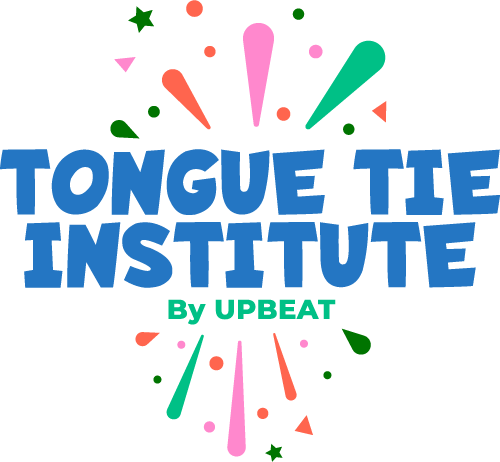Tongue tie is a condition that occurs when the thin piece of tissue connecting the tongue to the bottom of the mouth, known as the lingual frenulum, is shorter or tighter than usual. This condition can restrict the movement of the tongue, leading to difficulties with breastfeeding and other oral functions.
If your baby has been diagnosed with tongue tie, you may be considering tongue tie correction. In this blog post, we will explore the benefits of tongue tie correction in babies and how it can positively impact their overall health and development.
What Benefits Will My Child Experiment If They Have Their Tongue Tie Corrected Early?
Improved Breastfeeding Experience
One of the primary benefits of tongue tie correction in babies is the improvement in breastfeeding. Tongue tie can interfere with the baby’s ability to latch onto the breast properly, leading to challenges in obtaining enough milk and causing discomfort for the mother. By releasing the tight frenulum through a simple and quick procedure, tongue tie correction can help improve the baby’s ability to latch effectively and nurse more efficiently. This, in turn, promotes a more successful and enjoyable breastfeeding experience for both the baby and the mother.
Adequate Milk Transfer
Tongue tie can affect the baby’s ability to create a proper seal and maintain suction during breastfeeding. As a result, the baby may struggle to extract milk effectively, leading to inadequate milk transfer. This can result in poor weight gain and insufficient nutrition for the baby. By correcting the tongue tie, the baby can develop a stronger and more coordinated sucking pattern, enabling them to transfer milk more efficiently and receive the necessary nourishment for healthy growth and development.
Prevention of Potential Complications
Untreated tongue tie can lead to various complications as the baby grows. For instance, inadequate breastfeeding can result in low milk supply for the mother, engorgement, and even mastitis. In some cases, the baby may develop a preference for bottle feeding due to the challenges faced during breastfeeding. Correcting tongue tie early can help prevent these complications from occurring and promote a positive and successful breastfeeding journey for both the baby and the mother.
Enhanced Speech and Language Development
Tongue tie can also have an impact on speech and language development as the child grows. The limited movement of the tongue can affect articulation, clarity of speech, and pronunciation of certain sounds. By addressing tongue tie in infancy, the child has the opportunity to develop proper tongue movements and oral coordination, which are crucial for clear speech production. Early intervention through tongue tie correction can potentially minimize the need for speech therapy or other interventions later in life.
Improved Oral Health
Tongue tie can contribute to oral health issues in babies, such as difficulties with oral hygiene and an increased risk of tooth decay. The restricted movement of the tongue may make it challenging to clean the teeth and gums effectively, increasing the likelihood of plaque buildup and cavities. By correcting tongue tie, the baby can achieve better oral hygiene practices, allowing for proper cleaning and reducing the risk of oral health problems in the long run.
It’s important to consult with a qualified healthcare professional or pediatric dentist specializing in tongue tie correction to evaluate your baby’s specific situation. They can provide a thorough assessment and determine the most appropriate treatment approach for your child.
Treating my Child’s Tongue Tie
At the Tongue Tie Institute, a part of Upbeat Pediatric Dentistry, we understand the challenges that tongue tie can pose to both babies and their families. Our experienced team is dedicated to providing comprehensive and personalized care for tongue tie correction, ensuring optimal outcomes and improved overall health and development for your baby.
If you have concerns about your baby’s tongue tie or breastfeeding difficulties, contact the Tongue Tie Institute today to schedule a consultation. We are here to support you and your baby on their journey to improved oral function and a healthier future.

